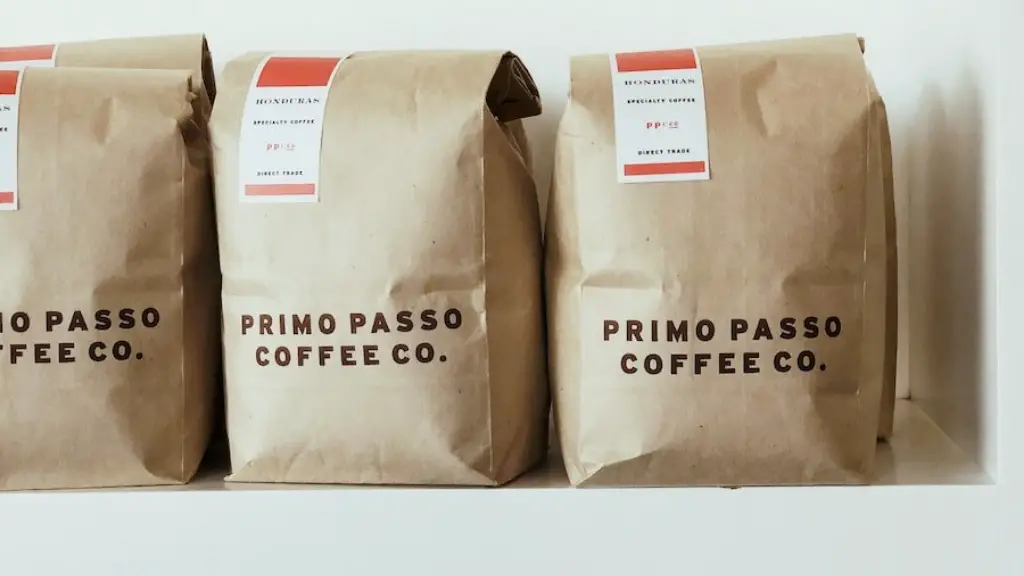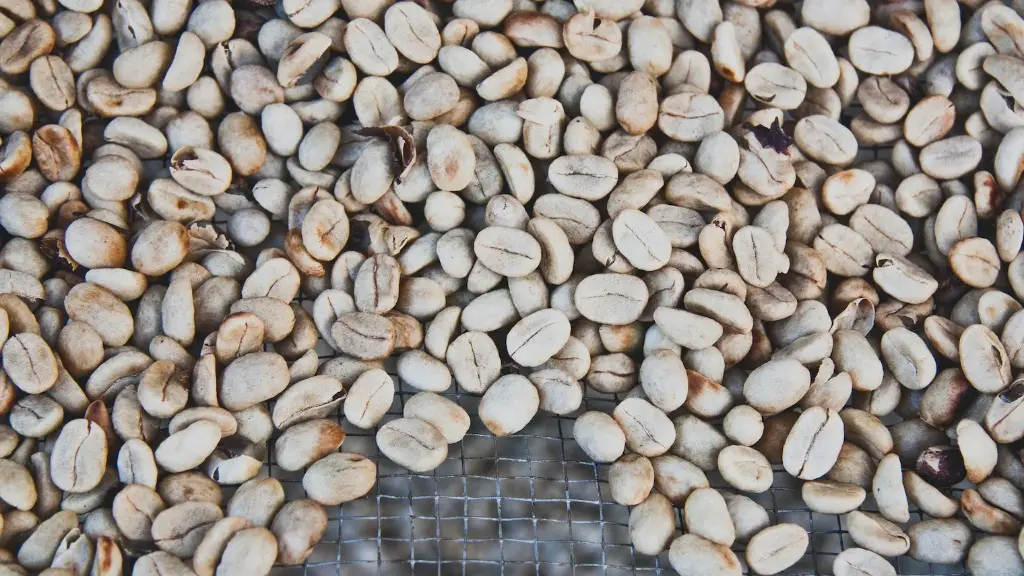Coffee During Fasting
Coffee is one of the world’s most popular drinks – and fasting is a practice gaining newfound recognition for its amazing potential to improve health and wellbeing. But is it possible to combine the two activities? Should you be drinking coffee during fasting periods?
Experts say that not all fasting protocols can accommodate caffeine intake – and that caffeine can ave unintended consequences on certain tasks. To find out more, let’s take a look at both sides of the debate.
Many people enjoy a hot cup of coffee when they wake up in the morning, but some of them are unaware that drinking coffee can mean forgoing a chance to burn fat. That is because when you drink coffee, it sends signals to your body that signal that you are not fasting. This is because of a component in coffee known as chlorogenic acid, which has been shown to block the fat burning process that takes place during long periods without food.
On the other hand, some experts say that drinking coffee while fasting may be beneficial. For example, coffee can help to suppress hunger, which can make it easier to stick to a fasting routine. Caffeine can also increase alertness and concentration, making it easier to perform long and intense activities without feeling fatigued or hungry.
In terms of health benefits, coffee is rich in antioxidants that can protect the body from damage caused by free-radicals. Studies in people with Type 2 diabetes show that those who drank four or more cups of coffee per day had lower levels of insulin resistance when compared to those who did not. So for those who fast and drink coffee in moderation, this may be beneficial for their health.
However, it’s important to bear in mind that for people who wish to get the most out of their fasting routines, heeding the advice from experts is crucial. For example, some people advise that if you plan to fast for more than 12-14 hours, it is best to abstain from coffee. This is because long fasting periods may cause an adjustment period in your body, and coffee can interfere with the hormones the body releases to enforce this adjustment and reduce hunger.
Physiological Effects of Coffee
When you drink coffee during a fast, there are some physiological effects which could be beneficial or detrimental, depending on the individual. For example, in healthy individuals, coffee can create a feeling of increased alertness, focus and energy, while in others it can cause irritability, headaches and even panic attacks.
Coffee also affects the body’s ability to absorb vitamins and minerals from food. Studies have found that coffee can reduce the absorption of vitamin B12, and may also reduce the absorption of calcium and iron.
Moreover, coffee can cause disruptions to normal sleep cycles. People who are sensitive to caffeine may find it difficult to fall asleep, and regular coffee drinkers may find that their sleep is more fragmented.
Concerns for Intermittent Fasting
When it comes to intermittent fasting and coffee, there are some specific concerns. For example, intermittent fasting has become a popular tool for taking control of overeating. People interested in intermittent fasting want to lose fat and maintain muscle, and coffee can thwart the body’s ability to use fat as fuel if it is consumed too soon before or after a fast.
Furthermore, caffeine can also increase levels of cortisol and adrenaline, which can interfere with the body’s response to stress. Intermittent fasting is designed to help people cope with stress and reduce their risk of developing an addiction, and caffeine consumption at the wrong time can undo these benefits.
Alternative Drinks
If you do decide to fast, there are some alternatives to coffee that are suitable to drink during a fast. One of the best alternatives is herbal teas, which are free from caffeine yet still provide a hot, comforting drink that can be enjoyable during a fast. Green tea and Chai teas are especially beneficial due to their high antioxidant content.
If you’re craving something a bit more nutritious, a bone broth or bone broth concentrate can be a great fasting drink. Bone broth is rich in vitamins, minerals, amino acids and collagen, making it great for anyone looking for an energy boost during a fast. Other low-calorie beverages such as sparkling water, unsweetened coconut water and herbal teas can also provide some nourishment without breaking the fast.
Lifestyle Factors to Consider
When making a decision on whether or not you should drink coffee during a fast, it is important to consider other lifestyle factors. For example, those with sleep disorders may choose to avoid caffeine in the hours before bed, as it can interfere with sleep cycles.
The type of fasting protocol chosen is also important. For example, people who are fasting for more than 12-14 hours may need to avoid drinking coffee due to its potential to disrupt the body’s hormonal response to fasting. Furthermore, those following a strict ketogenic diet may also need to abstain from coffee due to its potential to inhibit fat burning.
Caffeine’s Impact on Cognitive Performance
For those engaged in mental activities such as studying or working, caffeine can be a helpful tool in achieving greater performance. Caffeine consumption can lead to increased alertness, focus and concentration, thus making long and intense tasks easier to complete.
However, it is important to point out that when it comes to stimulating cognitive performance, quality is more important than quantity. Drinking too much coffee can lead to the jitters, anxiety and mental fatigue. This is why it is important to drink only small amounts of coffee throughout the day, and to adjust the amount you intake according to your activity levels.
Health Benefits of Coffee
Despite the potential drawbacks mentioned above, there are a few health benefits of drinking coffee which should not be overlooked. For starters, coffee is a great source of antioxidants. These molecules help protect the body from damage caused by free radicals, thus promoting better overall health.
In addition, studies have shown that coffee can help reduce the risk of certain diseases, including Type 2 diabetes, Parkinson’s disease and Alzheimer’s disease. It can also help reduce the risk of liver diseases such as cirrhosis and liver cancer.
Finally, coffee has been shown to reduce the risk of some types of cancer, including colorectal and breast cancer. This is because of the protective effects of coffee on the body’s DNA and its ability to protect cells from the damaging effects of free radicals.
Consulting a Doctor
Given the complexity of the topic, it is always best to consult a doctor or nutritionist before starting any fasting program. There are many factors to consider, and it is important to take all of them into account to ensure the best possible outcome.
Doctors can provide advice on how to best adjust your diet and lifestyle for optimal fasting results, as well as help explain any potential risks or benefits associated with drinking coffee during fasting.
Moreover, it is also important to consult with a healthcare professional if you have any questions or concerns regarding caffeine or your health in general. Drinking coffee or tea in the wrong quantities or at the wrong time can have adverse effects on physical and mental health, so it is wise to talk to someone who is familiar with the matter before making any decisions.
Considerations Before Drinking Coffee During Fasting
When it comes to drinking coffee during fasting, it is important to consider the potential risks and benefits. While coffee can have stimulating effects on the body and mind, it can also disrupt the body’s process of adjusting to a fasted state.
For those who enjoy the taste of coffee and do not have any issues sleeping, it may be okay to drink coffee in moderation during fasting periods. However, for those who are sensitive to caffeine or struggle with sleep, it is advised to avoid coffee and instead opt for decaffeinated coffee or herbal teas.
Remember, if you are considering drinking coffee while fasting, it is important to keep an eye on your body’s response. Pay attention to how you feel and adjust your caffeine intake accordingly. Finally, always consult with a doctor or nutritionist before making any changes in your diet or lifestyle.


